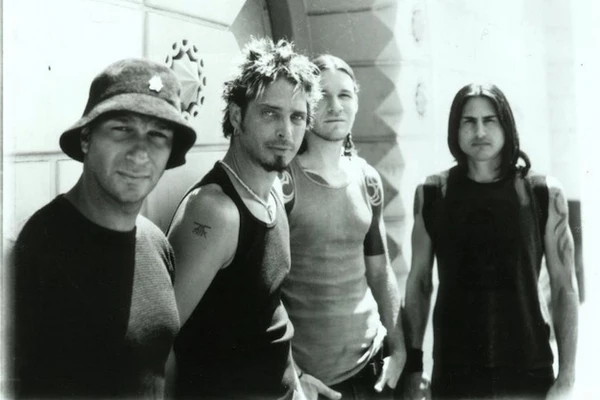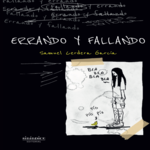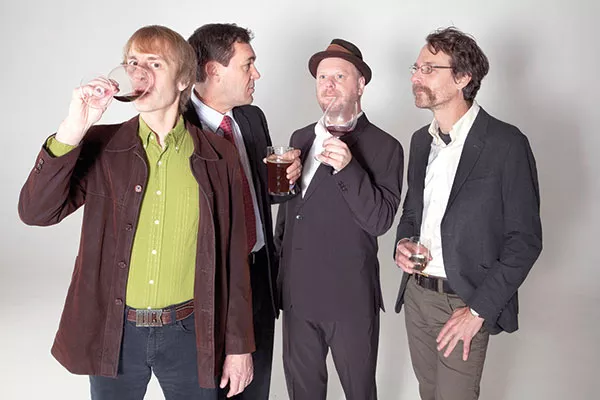Tom Morello quiere tocar de nuevo con Chris Cornell
Tom Morello Wants To Play With Chris Cornell

Sacado de // From: http://www.alternativenation.net/
El guitarrista de Audioslave y Rage Against The Machine Tom Morello habló sobre Chris Cornell en una nueva entrevista con Radio.com. Morello recordó tocar con Cornell en el Rock and Roll Hall of Fame
«Quiero a Chris Cornell y le considero un buen amigo. El salón de la fama fue algo agradable, pero un poco caótico. Tocar con él en Seattle, eso fue simplemente fantástico. Amo a ese tío. Es uno de los vocalistas más talentosos de la historia de los vocalistas. Y haber sido capaz de tocar canciones que hemos escrito juntos, ha sido algo alucinante con lo que me he divertido mucho. Espero poder hacer algo así de nuevo.»
Si queréis leer más, en inglés, pasaros por aquí.
IN ENGLISH
Former Audioslave/Rage Against The Machine guitarist Tom Morello discussed Chris Cornell in a new interview with Radio.com. Morello recalled playing with Cornell at the Rock and Roll Hall of Fame:
“I love Chris and consider him a great friend. The Hall of Fame jam was nice, but a little chaotic. Playing with him in Seattle, that was just fantastic. I love that guy. He’s one of the most talented vocalists in the history of vocalists. And to be able to play the songs that we wrote together, it was awesome and so much fun. I hope we do something like that again.”
If you want to read more, click here.





